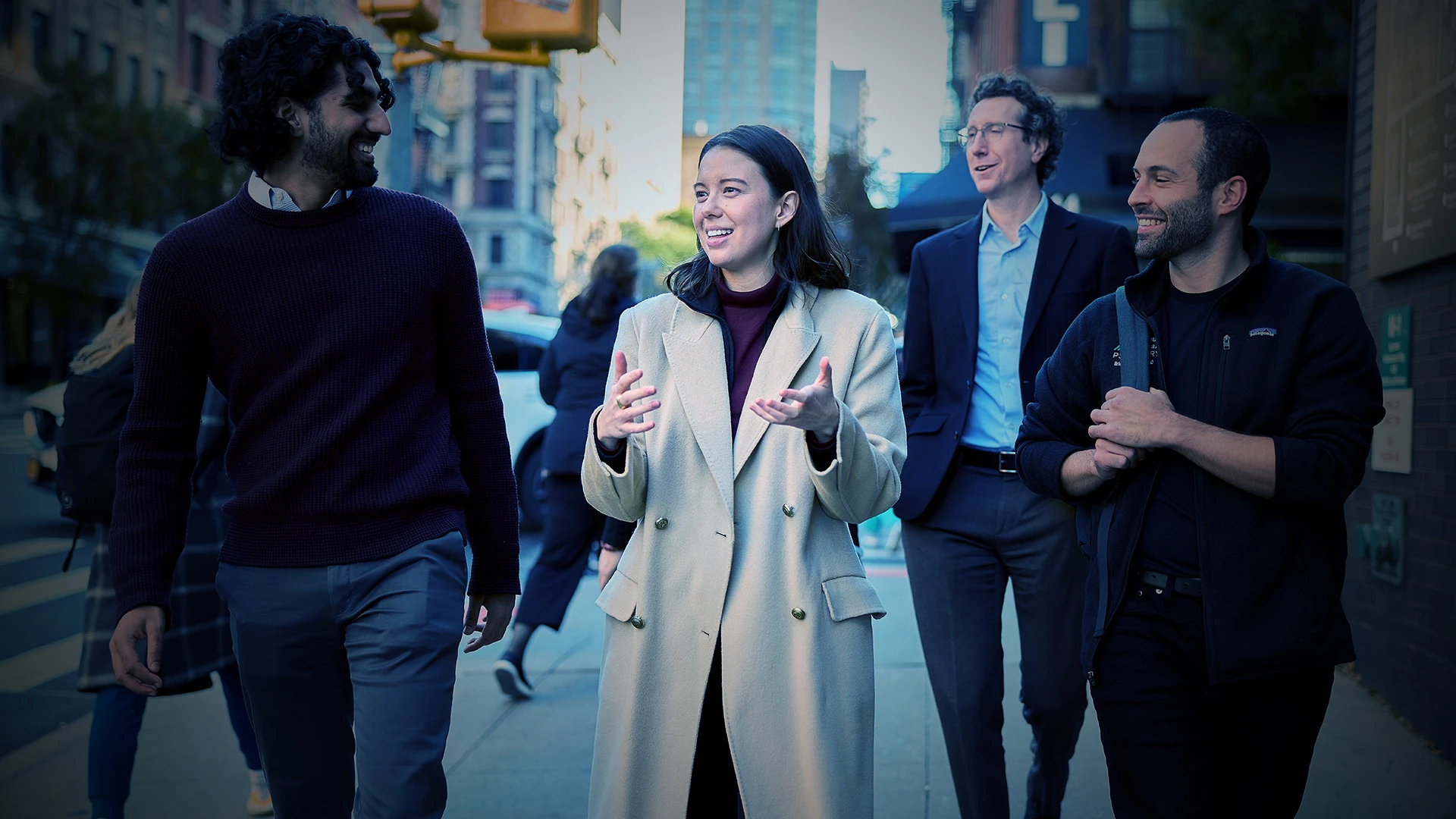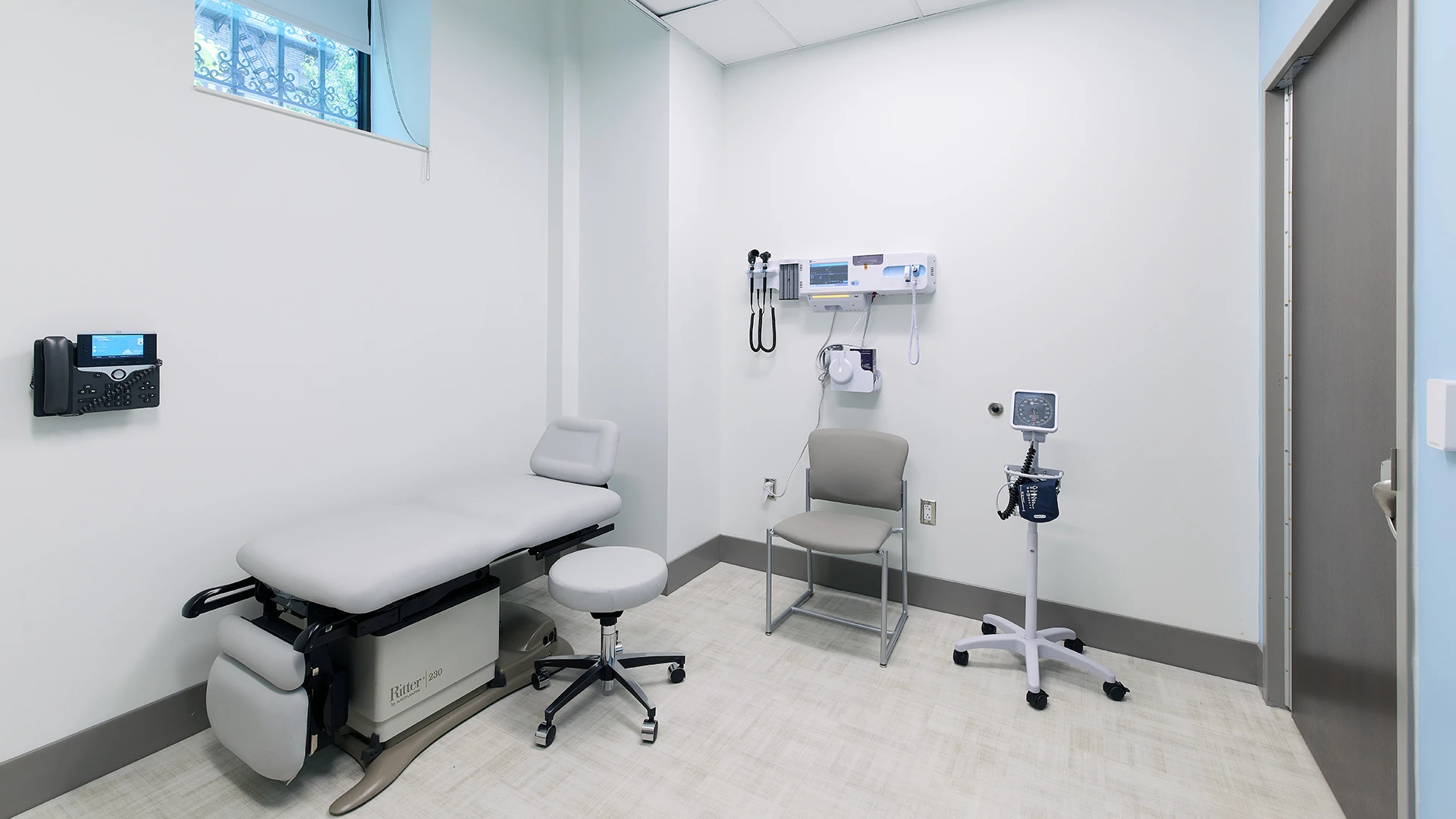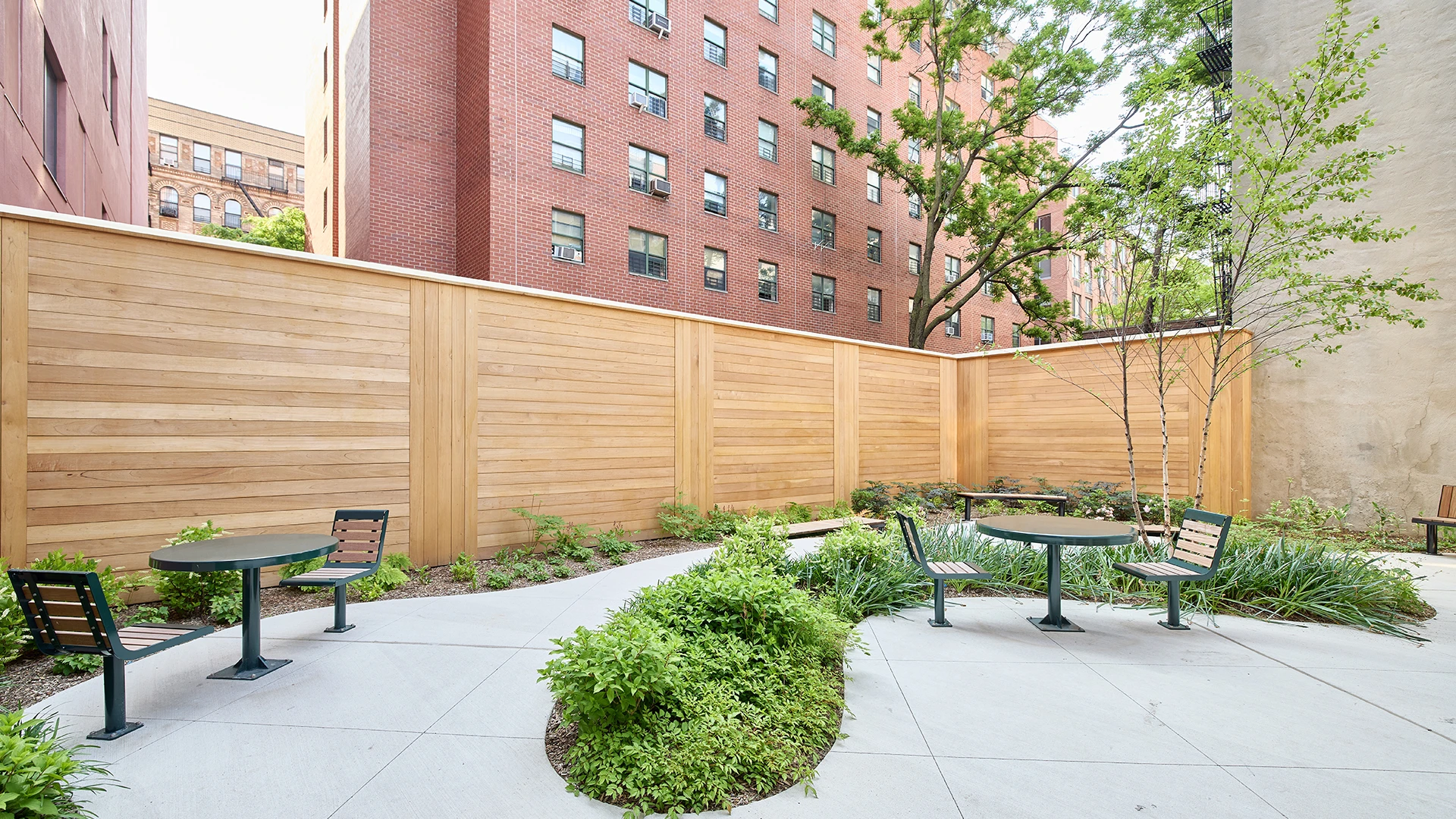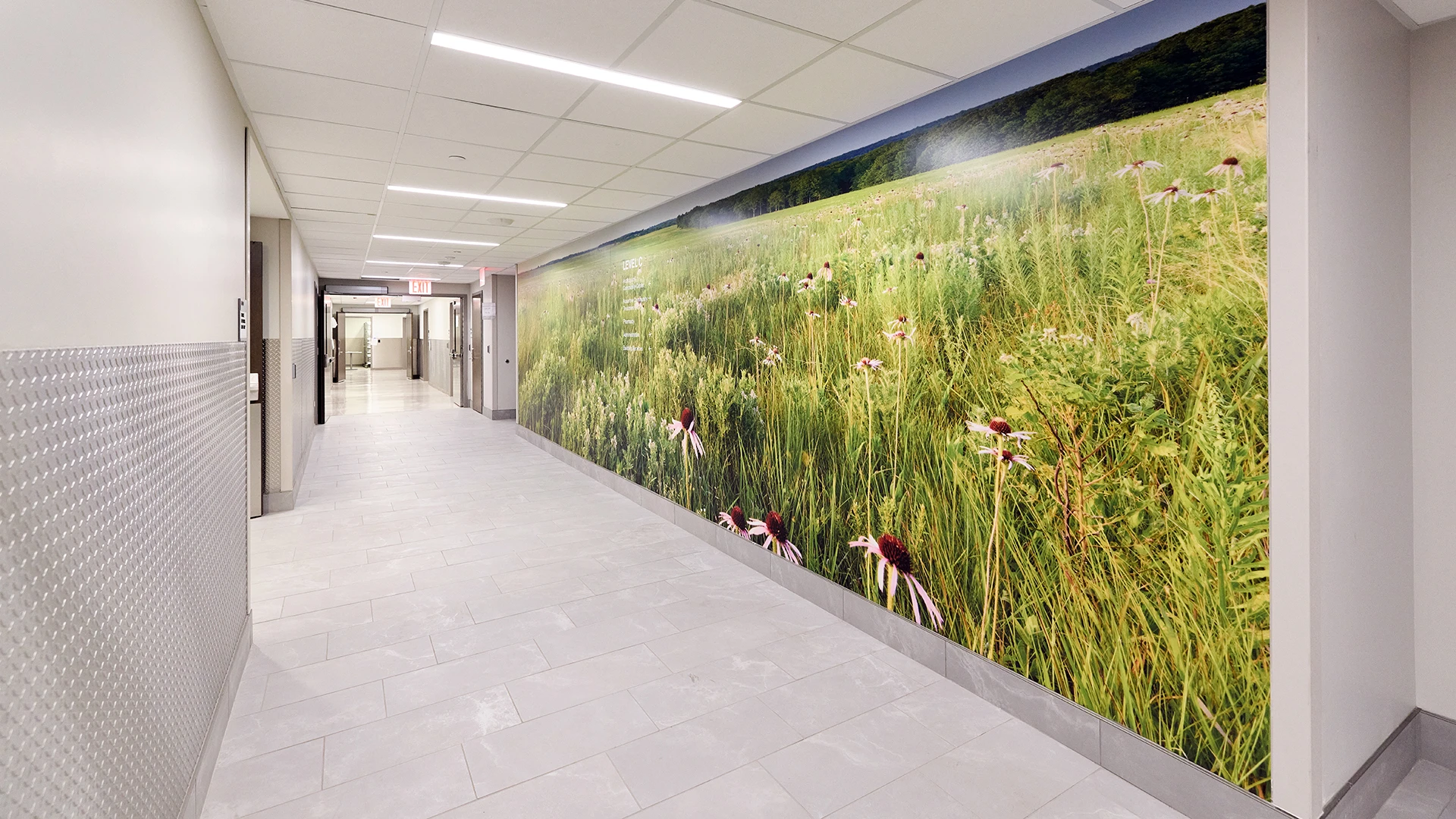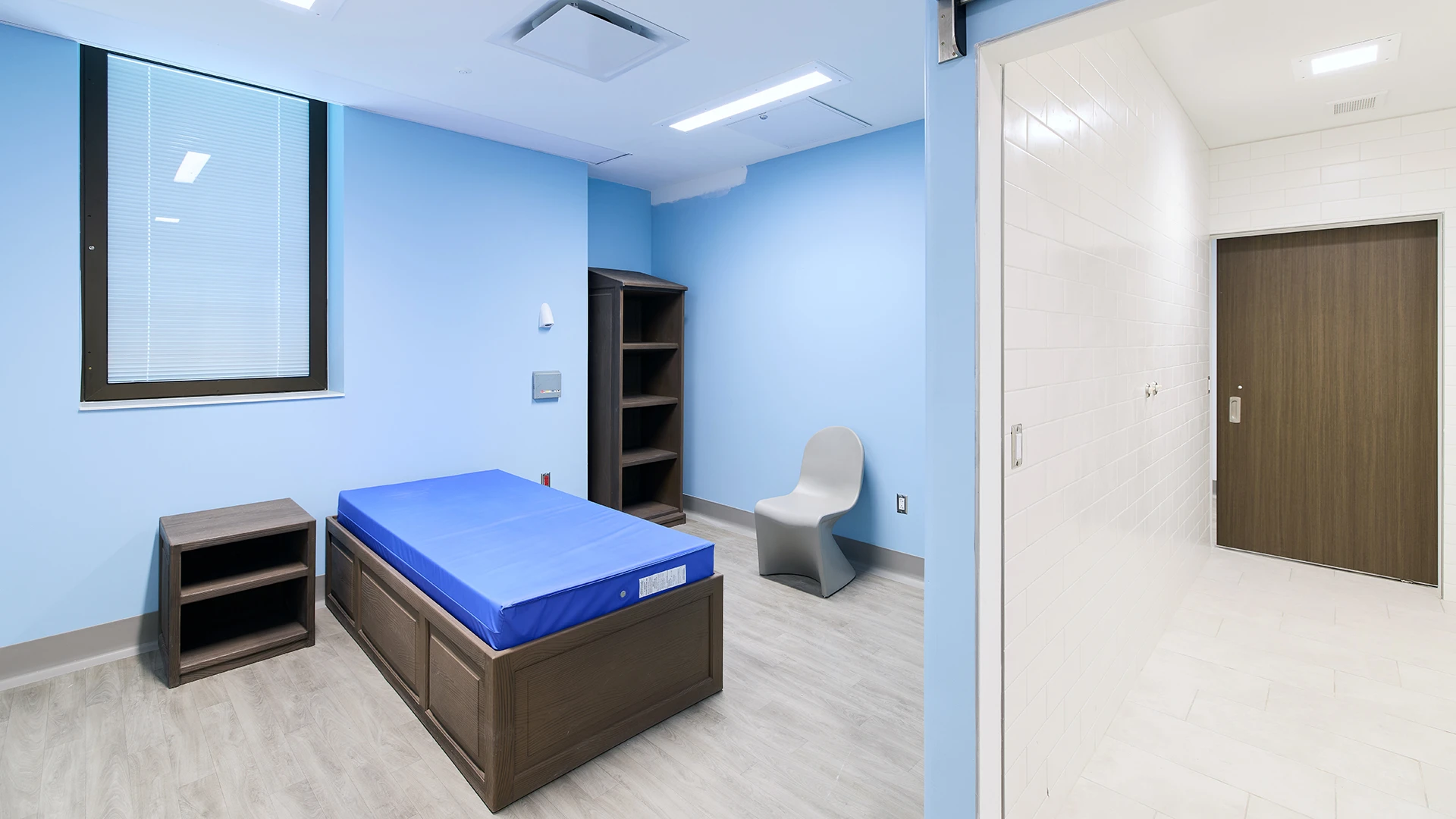The Psychiatry Residency Program at the Icahn School of Medicine at Mount Sinai has long been considered as one of the country’s top training programs for psychiatrists. Now, in addition to The Mount Sinai Hospital (MSH) as a major clinical teaching site, the program has expanded to include the Mount Sinai-Behavioral Health Center (MSBHC).
“This combined program is emblematic of Mount Sinai’s deep-seated commitment to mental health care,” says Antonia S. New, MD, Professor of Psychiatry, Vice-Chair for Education, and Director of Residency Training in the Department of Psychiatry at Mount Sinai. “It’s a program we’re really proud of.”
The Icahn School of Medicine offered separate residency programs at MSH and at Mount Sinai Beth Israel Hospital in Lower Manhattan. When the MSBHC opened its doors in 2023, the psychiatry department at Beth Israel Hospital, along with its residency program, relocated to MSBHC. Beginning in 2025, the school will offer residents clinical training opportunities at both MSH and MSBHC in one program.

With the psychiatry residency program formerly at Mount Sinai Beth Israel Hospital combining with that of The Mount Sinai Hospital, the training program offered at the Icahn School of Medicine at Mount Sinai is the largest in the country.
Initially, the program will serve 109 residents from the combined programs. Future cohorts will include a maximum of 94 residents, including two physician-scientist research track residents. The result is not only the largest psychiatry residency in the country, but also one that provides even more training opportunities for residents.
“We think of MSBHC as a one-stop shop where we can meet patients where they are, with varying levels of care,” says Lea K. Marin, MD, MPH, Assistant Professor of Psychiatry at the Icahn School and Associate Program Director at MSBHC. The Center enhances Mount Sinai’s ability to meet the growing mental health and substance-use needs of the community, while also expanding opportunities for medical students and residents, she adds.
Specialized Training At A Dedicated Facility
Psychiatric hospitals often have a reputation as dark and dreary places, Dr. Marin says. MSBHC, by contrast, is a bright, state-of-the-art facility that embraces patient-centered design. That investment in the Center and the attention to detail signals to patients that mental illnesses are legitimate illnesses that deserve high-quality, evidence-based care, and to psychiatry trainees that the work they are doing is important as well, she adds.
Training at MSBHC is a great opportunity, as it serves a diverse population, providing integrated mental health, substance use, and primary care services in a single location. In addition to inpatient care and a range of outpatient services, the Center offers intensive crisis residence, partial hospitalization, and an intensive outpatient program—programs that offer alternatives to hospitalization for many patients who need higher levels of psychiatric care.
Incorporating a community-focused standalone hospital into the program provides trainees with more opportunities to see firsthand how patients progress through different levels of care, Dr. New says. Often, patients are discharged from a psychiatric hospital to a partial hospitalization program in a different building or even a different health care system. Residents treating that patient tend to lose track of what comes next for the patient.
With multiple programs under one roof at MSBHC, it’s likely that residents will be working closely with colleagues who might be caring for the same patients, Dr. New explains. This collaborative model ensures continuation of care for patients—highly important in the psychiatric landscape, where patients often do not follow through on the chain of care.
All residents in the combined program will train at both sites, with rotations in areas such as internal medicine, pediatrics, and neurology completed at MSH, and inpatient training done at each of the two locations. In their second year, residents will spend more time at MSBHC, with an emphasis on community-based care.
Setting Up Tomorrow’s Psychiatrists for Success
In addition to training the next generation of clinical psychiatrists, the residency program at the Icahn School offers opportunities to further research.
“The new residency program combines The Mount Sinai Hospital—a top hospital with a rich research and academic focus—with a community-focused standalone psychiatric hospital,” says Asher B. Simon, MD, Associate Professor of Psychiatry and Senior Associate Director of Residency Training in the Department of Psychiatry at Mount Sinai. “It’s a tried-and-true model for psychiatric education that is used by many of the best training programs around the country.”
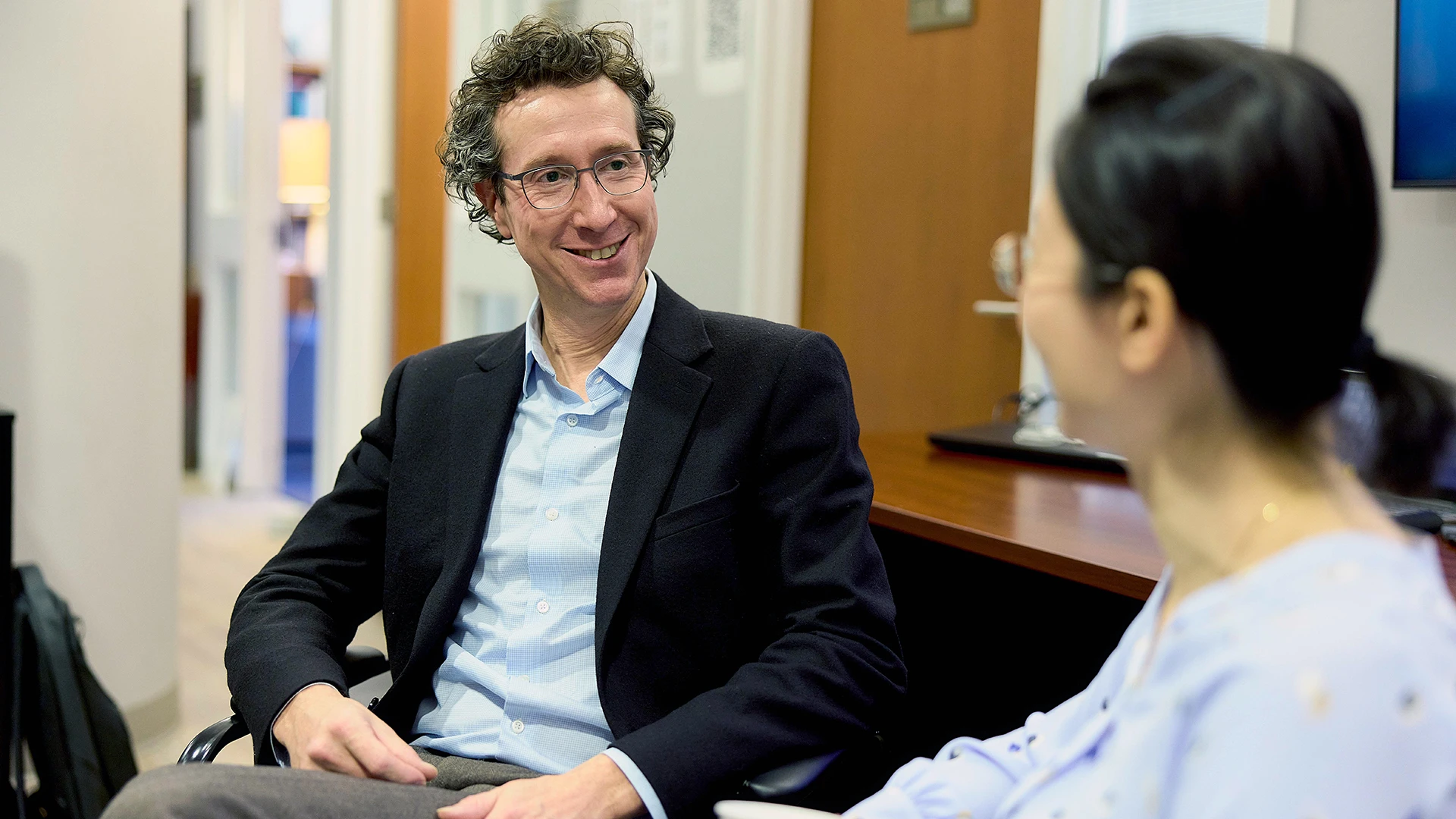
Psychiatry residents will not only have the opportunity to grow their clinical skills, but also further their research interests, says Asher Simon, MD, Senior Associate Director of Residency Training. With access to both The Mount Sinai Hospital and Mount Sinai Behavioral Health Center facilities, the Psychiatry Department aims to offer a comprehensive wraparound training program.
In addition to Drs. New, Simon, and Marin, the residency program’s leadership includes Mercedes Perez-Rodriguez, MD, PhD, Associate Program Director for Research; Rose Kleiman, MD, Assistant Program Director (MSBHC); and Brian Sweis, MD, PhD, Assistant Program Director for Research.
With experts across psychiatry, neurology, and neuroscience, and with chances to practice at all levels of psychiatric care, the residency program is designed to help trainees carve out their own niche in the field. “We’re setting up our residents for success, with opportunities to develop areas of expertise and professional networks,” Dr. Simon says. “As soon as they graduate, they can hit the ground running.”
Featured
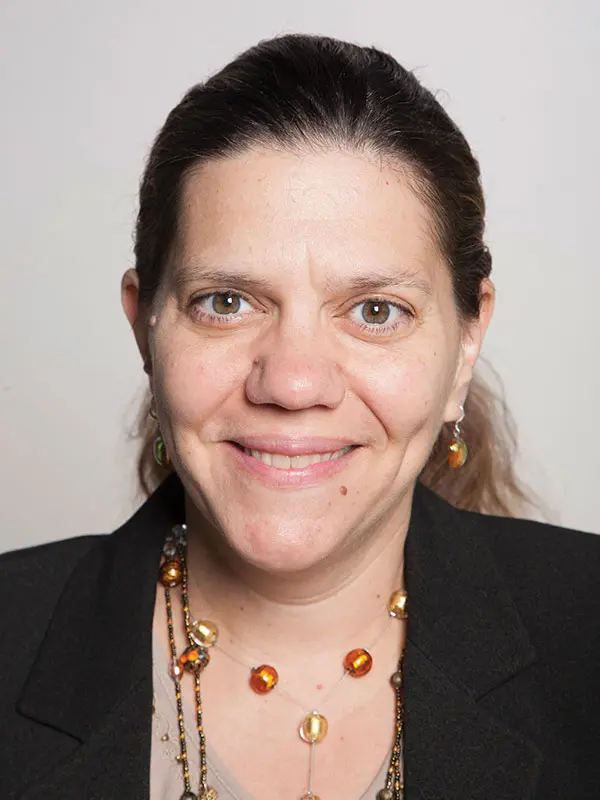
Antonia New, MD
Professor of Psychiatry; Residency Training Director; Vice Chair for Education

Lea K. Marin, MD, MPH
Assistant Professor of Psychiatry
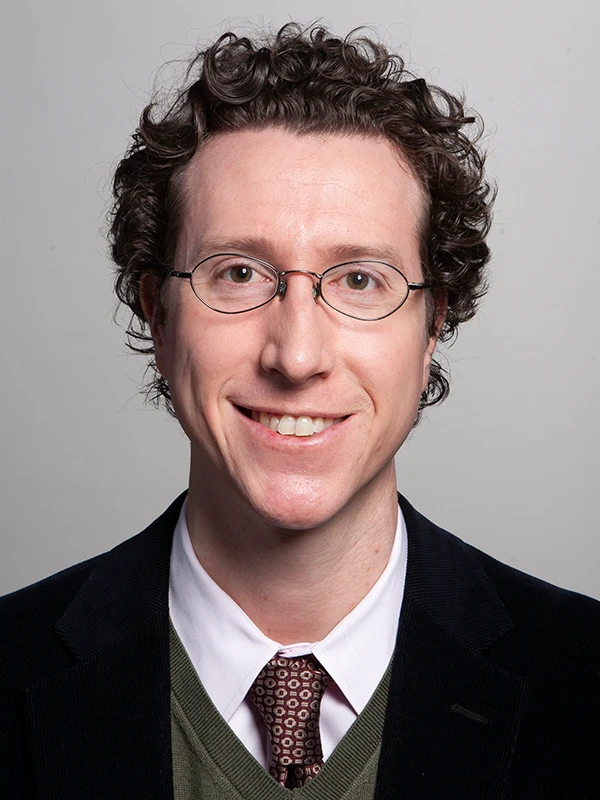
Asher B. Simon, MD
Associate Professor of Psychiatry; Senior Associate Director of Residency Training in Psychiatry
